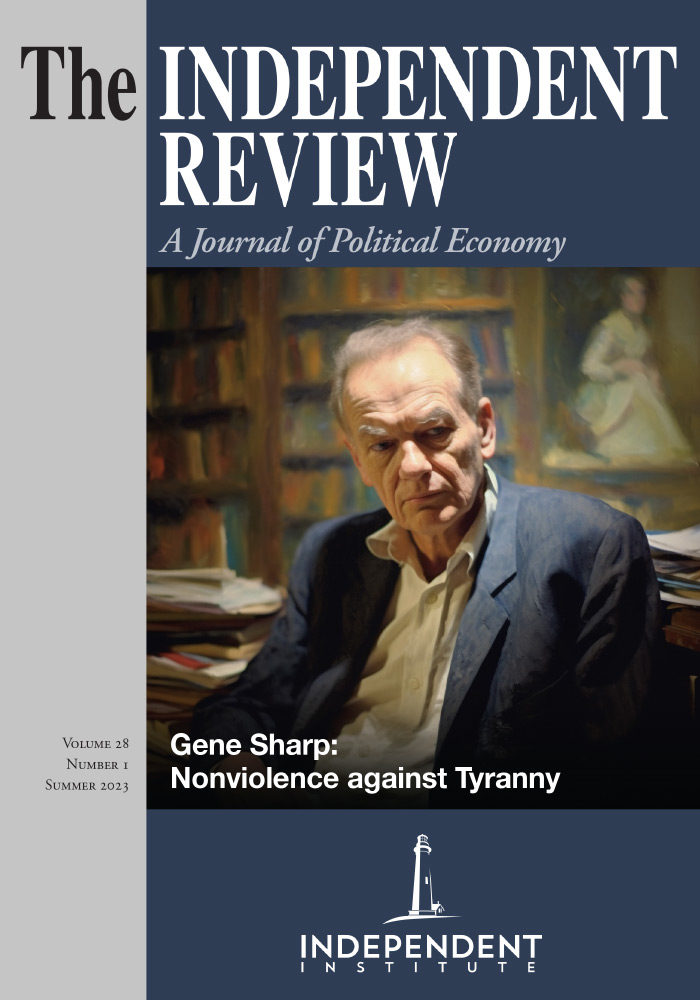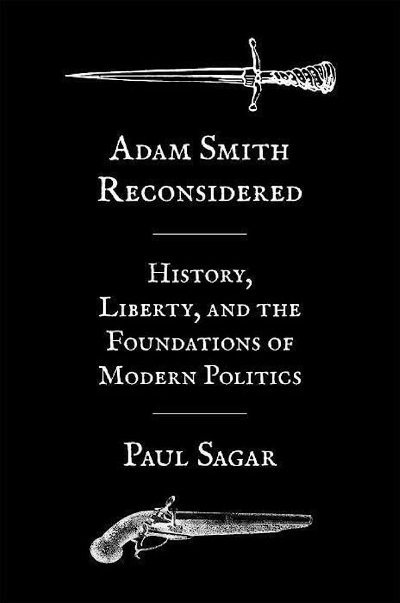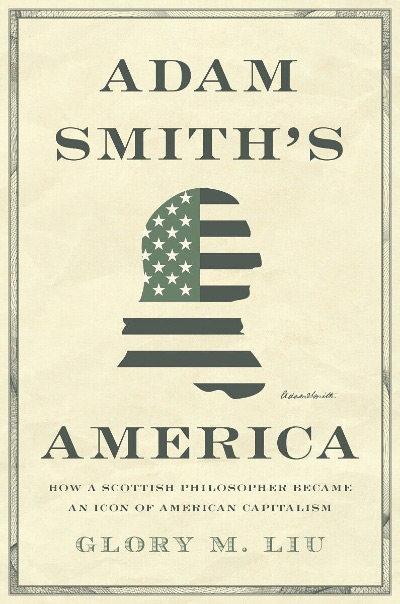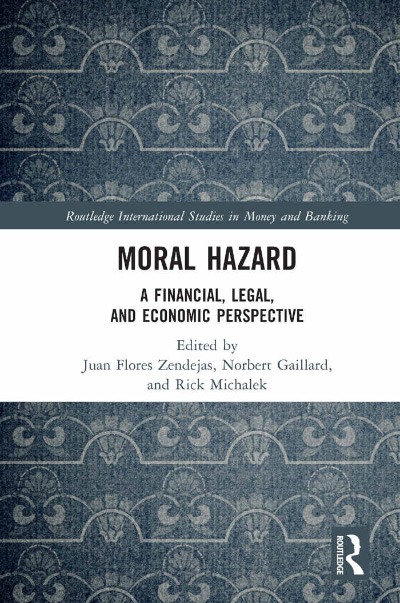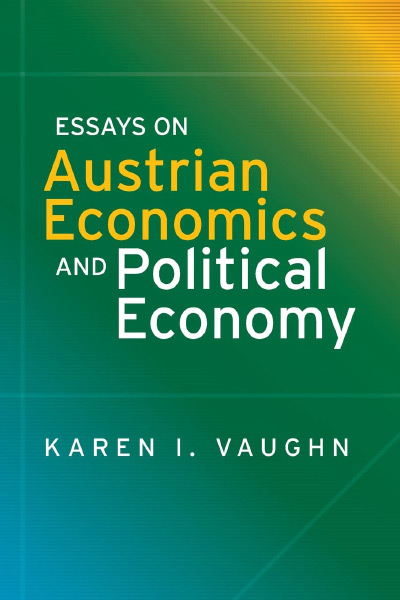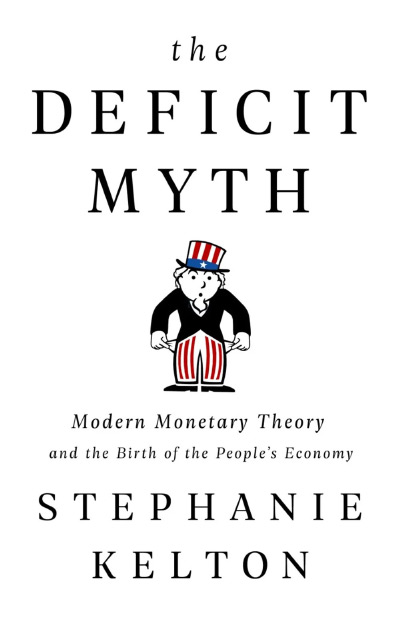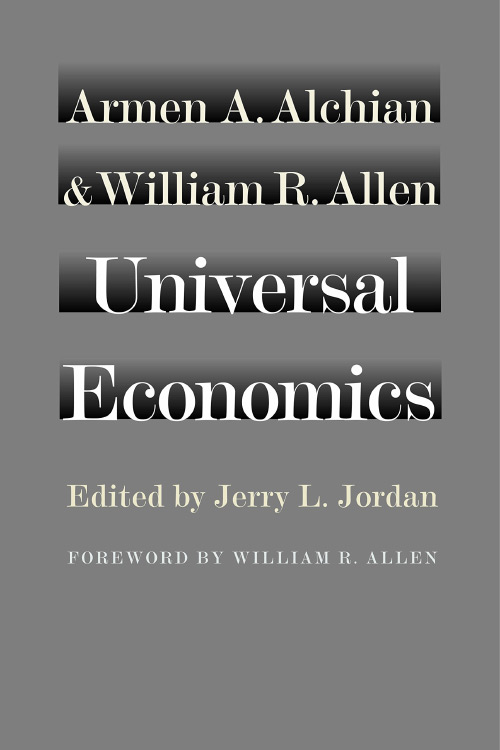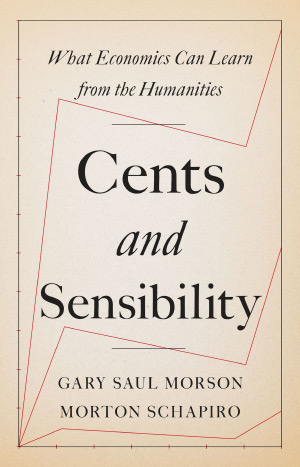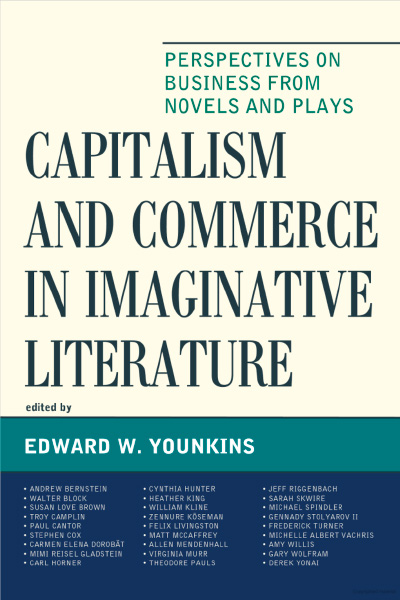Long hailed as the father of economics, the significance of Adam Smith’s thought outside economics has received a tremendous amount of attention in the last quarter century. Gone are the days in which his contributions to philosophy were regarded as little more than a footnote to David Hume. Also gone are the days in which debates about Smith’s work were derailed by the infamous Das Adam Smith Problem that was always premised on an extremely superficial reading of Smith’s two most famous texts. And yet, despite the recent renaissance in Smith scholarship, an important aspect of Smith’s work has remained underexplored: his politics, and in particular what Smith has to say about the role politics plays in shaping the prospects of individuals and the societies in which they live. With his book Adam Smith Reconsidered Paul Sagar does an admirable and efficient job of filling in this lacuna in Smith scholarship. In just over two hundred pages Sagar packs a remarkable array of reflections on Smith and Smith scholarship that should have a lasting impact on how we understand Smith’s place in the history of political thought. The reader should be warned, however, that much of the action takes place in the footnotes where it is often left to the reader to check the receipts on some of Sagar’s more contentious claims.
Sagar begins his reconsideration of Smith by identifying several interpretive questions that have shaped our understanding of Smith’s project. In particular, he questions whether Smith understood the idea of a “commercial society” in the way others have assumed, and he offers a new account of the role played by the stadial theory (or theories) of development that Smith sometimes utilizes. Here Sagar’s knack for identifying the implications of different interpretive moves is noteworthy, although I was often less convinced by the arguments Sagar offered for his favored interpretations of Smith’s text. Having staked out his positions on some questions that have received a lot of attention, Sagar then turns his attention to the much less discussed question of how Smith conceives of liberty. In my view, this was the book’s most important contribution, especially if you agree with Sagar that Smith should be thought of first and foremost as a political theorist. The latter half of the book then turns its attention back to interpretative disputes. First are disputes about the relationship between the work of Smith and Jean-Jacques Rousseau. Second are questions about the extent to which markets are corrupting forces, and, to the extent that they might be, what type of corruption Smith was most worried about.
As much as I learned from reading Sagar’s book, however, I must admit that I found it frustrating. Although Sagar succeeded in changing my view of Smith’s work and the centrality of politics in it, the book seems to be motivated by a picture of Smith scholarship that I frankly find unrecognizable. Sagar begins the book by declaring that contemporary Smith scholarship is plagued by what he calls “the real Das Adam Smith Problem” (p. 3). That problem is that scholars have approached Smith’s texts with a presumption that markets and the societies that make widespread use of them are, or at least might be, normatively problematic. As a result, they have read Smith as if one of his primary aims was to address the question of whether commercial society was in fact problematic. This is supposed to be especially evident in the strand of Smith scholarship that reads Smith as responding to Rousseau. It is certainly true that several prominent books on Smith have this flavor. But the contention of those who put Smith in conversation with Rousseau was never that Smith’s primary concern was to respond to Rousseau. Rather, the suggestion has been that it is useful to contrast the accounts of human sociability that Smith and Rousseau provide and to explore how those accounts shape the possibilities for commerce and the way commercial societies affect us. While Sagar may be right that there is nothing about markets or commercial societies that stand in special need of justification, there are myriad questions about the consequences of living in commercial societies and what makes such societies possible that nevertheless warrant attention. Smith was clearly interested in these questions. And to downplay their significance in Smith’s work, as Sagar seems to want us to do, requires us to read Smith in a narrow way that fails to do justice to how his work hangs together.
Perhaps I’m reading too much into Sagar’s often polemical style though. It may be that his goal is not to downplay the import to Smith of normative questions about markets and their influence on us, but rather to show how the emphasis placed on such questions has caused us to lose sight of other equally important questions. One reason for thinking this falls out of the interpretive dispute that preoccupies the first chapter. There Sagar identifies three common, but misleading, uses of the term “commercial society” in the literature on Smith (pp. 10–11). The term is sometimes used to loosely refer to the eighteenth-century nation states, like England, that were engaging in increasing quantities of trade with one another (as well as with their own colonial territories). It is also used, he tells us, as a description of consumption driven economies where subsistence needs are largely met and issues stemming from the demand for luxury goods become increasingly important. Finally, it is used as a sort of stand-in for what we might otherwise describe as “liberal capitalism.” Sagar suggests that there is nothing inherently wrong with using the term in any of these ways. The problem is that Smith used the term “commercial society” differently and with great theoretical precision. Specifically, Sagar argues that for Smith the term “commercial society” refers to the “internal relations of individuals to each other” within a society characterized by “an advanced stage of economic interdependence where direct personal toil on the products of subsistence has been superseded by exchanges in webs of market relations” (p. 13). This is to be contrasted with references to the external relations of one society to another, where Sagar persuasively argues that Smith tends to use the term “commercial nation” or “commercial state.” It is also to be contrasted with the term “commercial age” that Sagar suggests is the more appropriate term for denoting the stage of economic development in which trade is widespread and persons and nations are thoroughly interdependent with relations between them each characterized by the division of labor and impersonal exchange in markets. With these distinctions in mind, Sagar suggests that Smith should not be thought of as the great defender of (or apologist for) commercial society. Neither is he a defender of the commercial nation state. Instead, he is better thought of as a (and perhaps the) theorist of the commercial age. Smith’s concern in other words is what makes such an age possible. Taking this concern seriously requires reflecting on how politics contributes to life in such an age going better or worse, and, as Sagar persuasively shows, Smith did just this.
But to put my critical hat back on, it’s worth noting that as illuminating as Sagar’s treatment of Smith on commercial society is it’s vulnerable to two criticisms. First, Sagar might be right that referring to commercial society loosely sometimes causes us to overlook important distinctions about ways in which societies or nations might be organized. And he’s also right that we should distinguish questions about how states act (e.g., with regard to imposing tariffs on goods, or engaging in armed conflict with foreign adversaries) from questions about how individual members of society relate to one another. But even if he is right about these things, as Sagar himself points out, Smith used the term “commercial society” only a handful of times across his broad corpus, and Sagar’s reading of Smith puts an awful lot of weight on those handful of instances. For my part I worry that Sagar reads too much into those passages. Ultimately, though, it is a second criticism that Sagar is vulnerable to that I think is more important. That criticism stems from the combative stance he takes up which I think leads him to overplay his hand. Sagar is right that Smith devotes a lot of attention to questions of politics, both with respect to how states relate to one another, and how they relate to their citizens. And, once again, he is right that these questions haven’t always gotten the attention they deserve. But Smith has just as much to say about how individuals living in commercial societies relate to one another, and I worry that Sagar’s welcome focus on questions of politics leads him to mistake one stand of trees for the whole of the forest. Indeed, to take a polemical stance of my own, I think embracing Sagar’s reading of Smith leaves us with a new variant of the Das Adam Smith Problem. That problem is that treating Smith as a political theorist first and foremost makes it harder to synthesize his work as a whole, and this problem is only magnified by the fact that Sagar’s reading of Smith is rooted almost exclusively in The Wealth of Nations.
To put a different gloss on things, we might complain that Sagar’s reading of Smith puts the politics back into political economy, but at the expense of the economics (and moral psychology). Sagar encourages us to view economic conditions primarily as the context within which politics takes place, and as something which politics then helps shape. But the interaction between politics and economics is just as important. Smith clearly thought that political decisions shaped economic outcomes, but he was also concerned with the ways in which economic development shapes the possibility for politics, and as The Theory of Moral Sentiments makes clear, the preconditions for economic development and the practice of politics both depend crucially on facts about human sociability and moral psychology.

